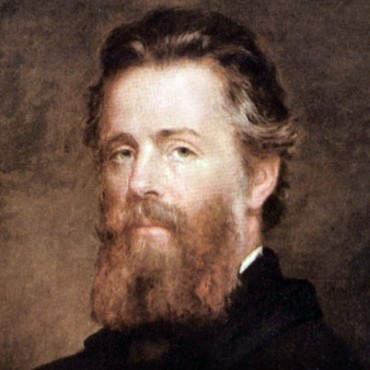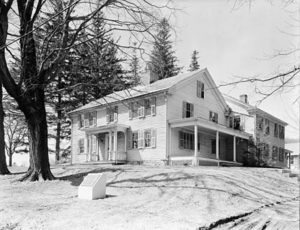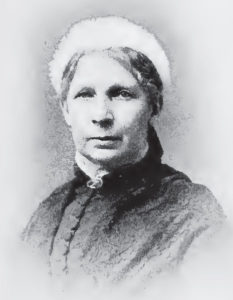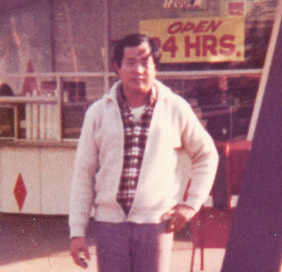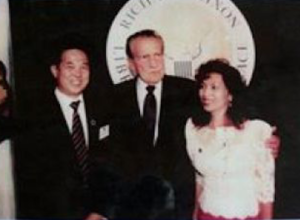Herman Melville: From obscurity to immortality
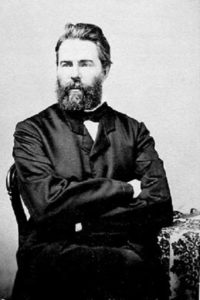
When he died at age 72, on September 28, 1891, Herman Melville was so obscure that those who even remembered his literary output presumed that he had passed away many decades earlier. Melville’s works were out of print, his last novel published more than thirty years before his death. The title of his epic work Moby Dick was misspelled in Melville’s New York Times obituary and one of his most respected efforts, “Billy Budd, Sailor,” had not even been published.
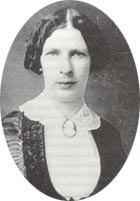
Despite the initial Shaw family misgivings about how their future son-in-law would make a living as a writer, Herman Melville and Elizabeth Shaw were married in Boston, in August of 1847. They became permanent residents of New York City and the writer spent the next few years grinding out a succession of books.
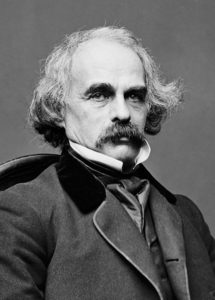
Packing off his family to his in-laws in Boston, in October, 1856, Melville first set out for Glasgow and then Liverpool and a meeting with his friend, now diplomat, Nathaniel Hawthorne. Their reunion was friendly even warm but Hawthorne’s journal entries, while empathetic, depict Melville as a conflicted, lost soul.
Podcast: Play in new window | Download
Subscribe: RSS

